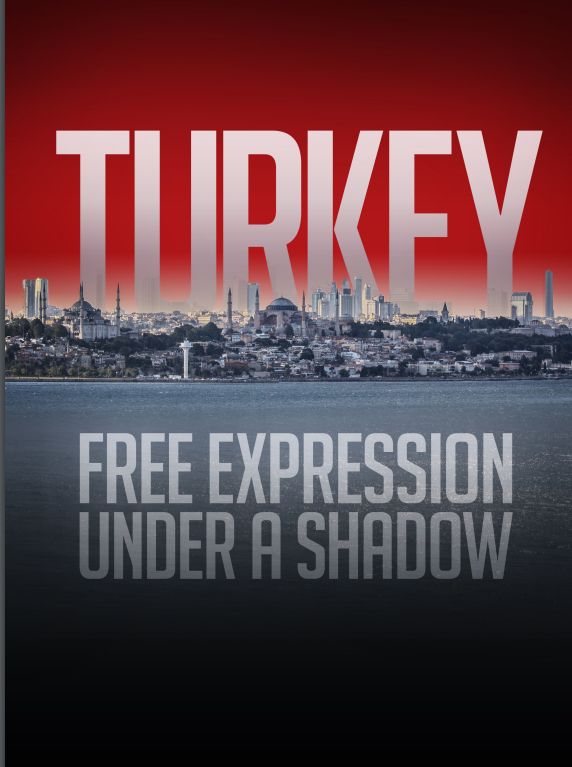Turkey: Free Expression Under a Shadow
In November 2012, a delegation of writers from PEN International visited Istanbul and Ankara to raise long-standing concerns about the dire state of freedom of expression in Turkey. During the visit, the writers met with Turkey’s then President Abdullah Gül. The discussion was frank. Among the topics raised were: the large numbers of writers then in prison and on trial; the use of anti-terror legislation to stifle dissent, particularly of commentary on Kurdish issues; writers who had served years of untried detention; and suppression of the Internet. The meeting was amicable and Gül gave assurances that he was following the situation closely. He made an important observation, that he recognised that freedom of expression in his country was problematic, saying: “There are many good things unfolding in Turkey, but these concerns cast a shadow over the progress we are achieving.”
Norwegian PEN returned to Turkey early in 2014 to investigate how the situation for freedom of expression had changed, if at all, eighteen months after PEN’s visit in 2012, as the country prepared for the next presidential election, the first ever by popular vote. Norwegian PEN’s researchers met with writers, NGO activists, journalists, publishers and students from across the political and religious spectrums to find out how they saw the state of free expression in their country, giving voice to those who live under the free expression ‘shadow’. What, if anything, had been done to improve the state of affairs since November 2012? What was the impact of the intervening months’ political turmoil on people’s capacity to speak out? What were their hopes for the future? The methodology is further outlined in section 3. This report gives a summary overview of events affecting freedom of expression, from the November 2012 PEN International visit to Turkey, to September 2014. The report closes with a review of PEN’s concerns in 2012, and commentary on developments two years later by Norwegian PEN.

